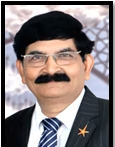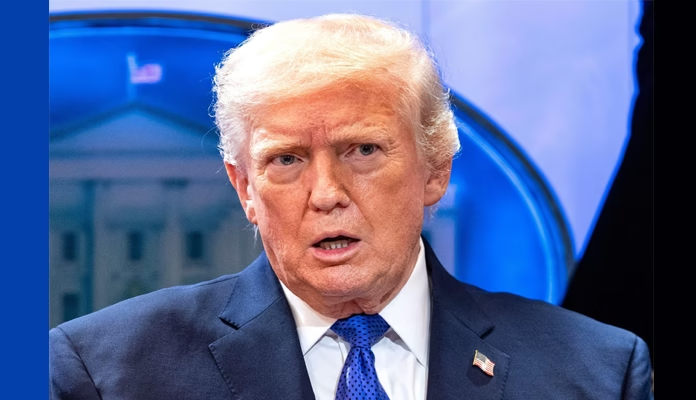
 As the world commemorates Nelson Mandela International Day on July 18, the birth anniversary of one of the greatest leaders of modern times, it is a fitting moment to reflect on Mandela’s enduring legacy — a legacy rooted in forgiveness, reconciliation, and the pursuit of peace.
As the world commemorates Nelson Mandela International Day on July 18, the birth anniversary of one of the greatest leaders of modern times, it is a fitting moment to reflect on Mandela’s enduring legacy — a legacy rooted in forgiveness, reconciliation, and the pursuit of peace.
Nelson Mandela, the South African anti-apartheid revolutionary, politician, and philanthropist, served as the country’s first Black President from 1994 to 1999. His unwavering dedication to equality and justice, even in the face of brutal oppression, made him a global icon of hope, courage, and freedom.
A Global Call to Action
Mandela Day is not merely a tribute to the man known affectionately as Madiba; it is a global call to action. It urges people around the world to embrace Mandela’s values and to become agents of change in their communities. The day is about inspiring individuals to serve others, uphold human dignity, and help build a better, more just world.
The Journey of a Legend
Most people are familiar with the defining milestones of Mandela’s life — his pivotal role in the fight against apartheid, his 27-year imprisonment (first at Robben Island, then Pollsmoor, and finally Victor Verster Prison), and his ascension as the first Black President of democratic South Africa. He also received the Nobel Peace Prize in 1993, shared with F.W. de Klerk.
Mandela was more than a political figure. He was a symbol of moral authority, a man of profound wisdom and humility. His belief that “all souls are created equal” guided his vision for a nation free from hatred, vengeance, and racial divisions.
A Champion of Human Rights
Mandela spent the prime of his life in prison, yet he emerged not with bitterness, but with a profound message of peace and reconciliation. He once declared:
“It is an ideal which I hope to live for and to see realized. But if needs be, it is an ideal for which I am prepared to die.”
This ideal was freedom — for himself, for his people, and for all of humanity.
The Three Rules of Mandela’s Life
Throughout his life, Mandela followed three guiding principles, often at great personal sacrifice:
-
Free yourself
-
Free others
-
Serve every day
These simple yet profound rules embody the essence of his leadership — one rooted not in power or greed, but in service, humility, and sacrifice.
Peace Through Non-Violence
Mandela’s fight against apartheid was defined by non-violent resistance, inspired by Mahatma Gandhi. He was involved in several key movements, including the Program of Action, which promoted civil disobedience, strikes, boycotts, and non-cooperation. His objective was clear: freedom without bloodshed.
He believed that peace, not violence, was the most effective path to justice. In a letter written from prison in 1975, he said:
“The cell is an ideal place to learn to know yourself.”
“Never forget that a saint is a sinner who keeps on trying.”
A Legacy That Lives On
Mandela’s legacy continues to inspire millions across the world to stand up for justice, equality, and human dignity. His leadership style — built on compassion, forgiveness, and resolve — is a blueprint for generations to come.
He was the architect of modern South Africa, a spiritual heir to Mahatma Gandhi, and a sage of humanity. In a time when global divisions run deep, Mandela’s life is a reminder that true power lies not in domination, but in healing and unity.
Nelson Mandela was not just a man of his times; he is a man for all time. His struggle for the oppressed and downtrodden is a guiding light in today’s fractured world. May present and future generations learn from his legacy — and may we all strive to build a world where peace, justice, and forgiveness prevail.




